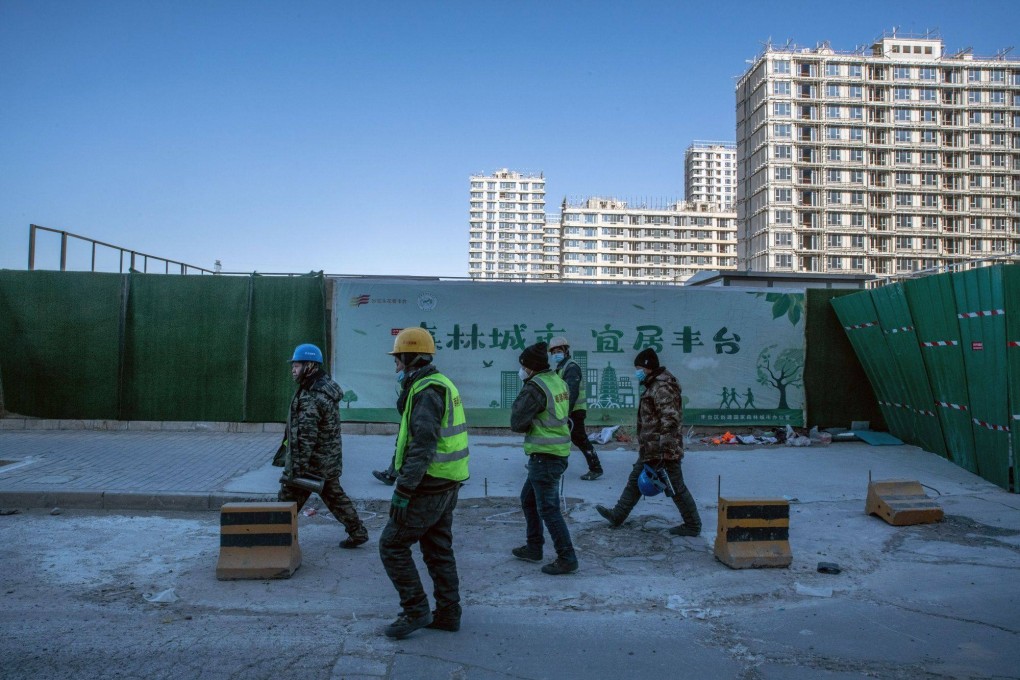Advertisement
Macroscope | Policy shifts on housing and tech show China has a plan to get through Covid-19 struggles
- Beijing recognises the need to allocate resources to cope with the current situation, but there also needs to be a parallel strategy to rekindle economic growth
- The recent policy announcements are not by chance but are choreographed and intended to enhance China’s prospects once the health crisis is resolved
Reading Time:3 minutes
Why you can trust SCMP
3

As 2022 draws to a close, China is beset by surging cases of Covid-19. Beijing’s decision to drop its “zero-Covid” policy was always going to lead to an upsurge in infections, but that is of no comfort to those personally affected by the turn of events. Neither does this tidal wave of infection necessarily sit well with a positive view of China’s prospects for 2023, but China will get through this.
There is no denying that Beijing’s zero-tolerance policy towards Covid-19 was effective in containing the virus’ spread, but it came at great economic cost and couldn’t wipe out the virus. Abandoning the “zero-Covid” approach, even if the timing of the decision was also influenced by protests, was ultimately an acknowledgement of the increasing economic cost of a policy that was not going to extirpate the virus.
Yet, the ending of the “zero-Covid” policy comes with risks to the credibility of the authorities in Beijing. Surging cases of Covid-19 and hospitalisations have put the healthcare system under extreme pressure, even if such an unwelcome situation is an inevitable consequence of the move towards “living with the virus”.
Though this process is going to be painful and the human costs high, China will get through this health crisis. Beijing recognises there is an immediate requirement to allocate resources to try to cope with the current situation, but there also needs to be a parallel strategy in place that offers China the best chance of rekindling economic growth once the country has navigated its way through its present predicament.
There does seem to be a strategy. For example, Beijing now seems to be moving decisively to address problems in China’s property market that have been festering for a good while.
“We should support the rigid demand as well as improving housing demand and implement the 16-points financial measures,” read a transcript of a State Council meeting chaired by Premier Li Keqiang, published on December 21 by state broadcaster CCTV. The concept of “rigid demand” is a reference to homes that people purchase to inhabit, not for investment purposes, while “improving housing demand” refers to people upgrading to better, more costly houses.
Advertisement
